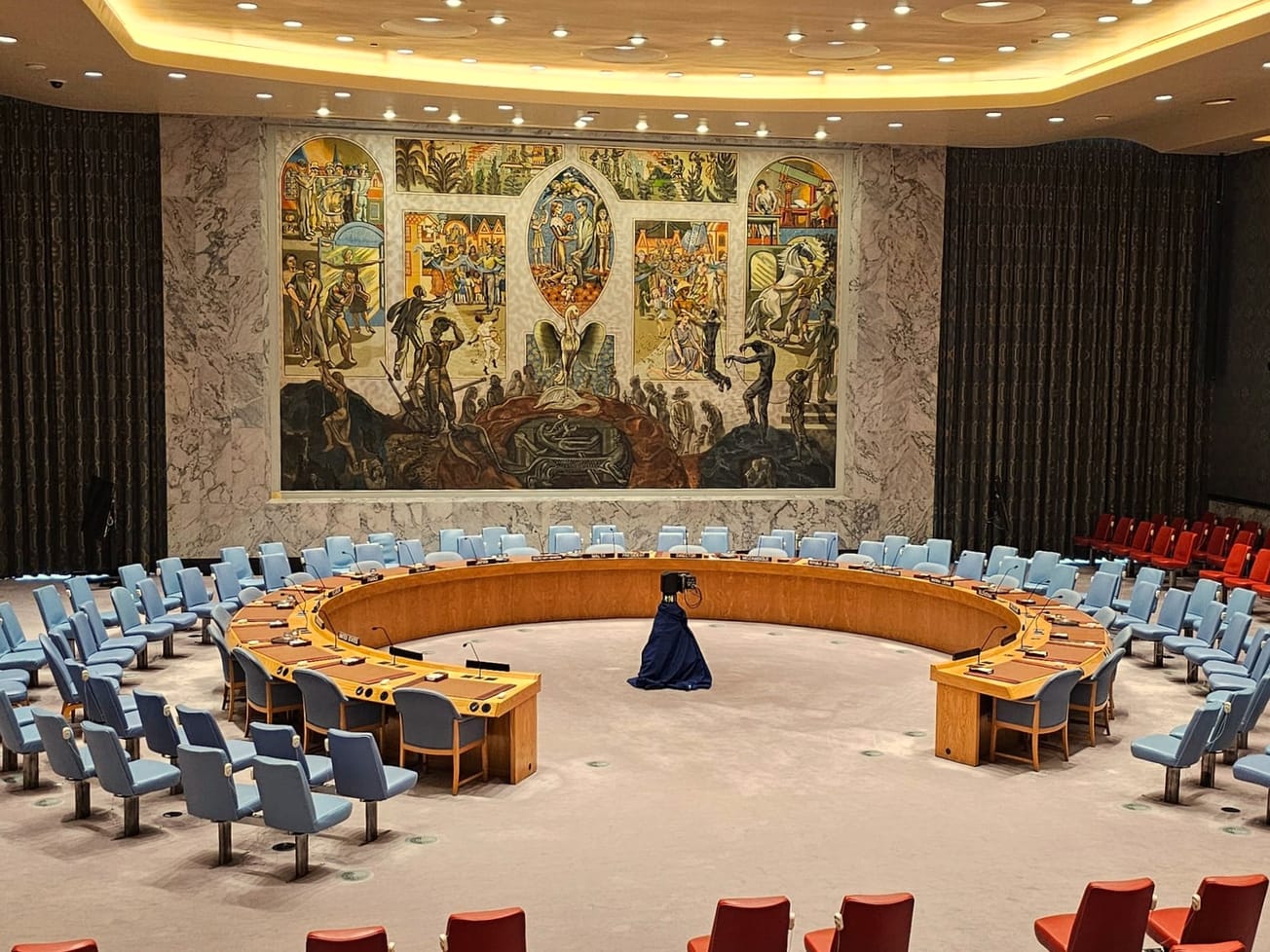In an uncontested slate, five newcomers won election to the 15-member United Nations Security Council for two-year terms starting on Jan. 1.
Denmark, Greece, Pakistan, Panama, and Somalia gained seats in a secret ballot vote on Thursday among the U.N. General Assembly's 193 member nations. Though they each ran unopposed, the candidates must still gain the support of more than two-thirds of the assembly.









